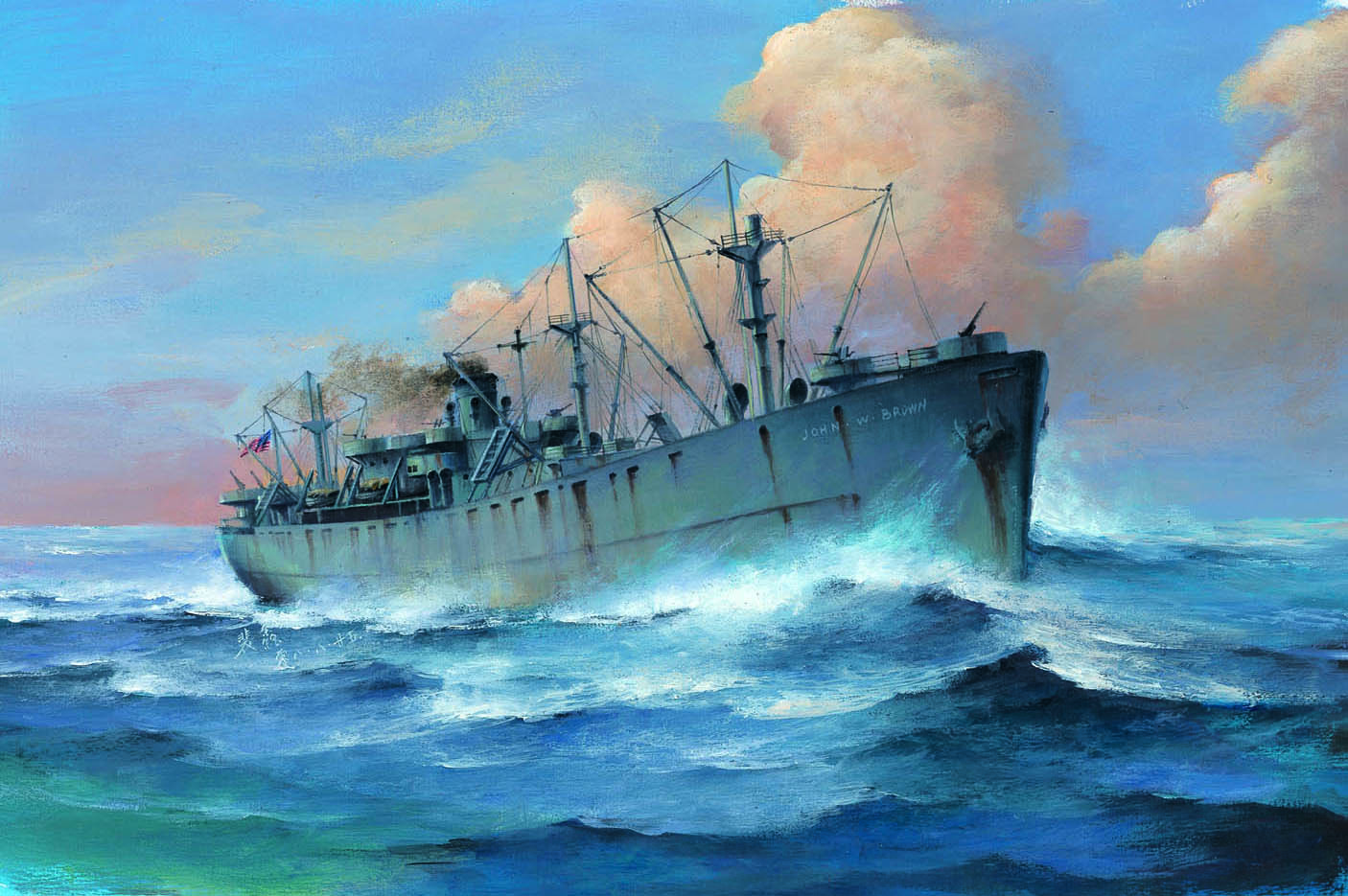When you’ve spent 18 months traveling from libraries to book stores to senior centers to colleges, high schools and conventions talking about one thing – in my case, subways – it can, believe it or not, start to get old. That’s not to say I don’t get a kick out of talking about “The Race Underground” anymore, because I do, and the best part is always the give-and-take with the people who came out to hear me. Still, I’m only human.
But I recently had the experience of sitting down and talking about subways for six straight hours, in a creaky old wooden chair, to a single person, in a building that dates back to the Civil War. And I didn’t mind it one bit. In fact it was sort of awesome. That’s because I was sitting in the Commander’s Mansion in Watertown, across from Michael Rossi. Michael is an acclaimed documentary filmmaker who was commissioned by “American Experience” to make a film about the first subways in this country for PBS. That documentary will feature my research for “The Race Underground” and include, hopefully, a few minutes from those 6 hours of Michael interviewing me.
Just to be clear, his film is not a documentary version of my book. Rather it’s a book about subways and their history in America. My book will be a featured part of the film. And judging by the pages and pages of research that Michael and the coordinating producer on the film, Melissa Pollard, brought to our interview, they know as much about this subject as I do. You would think after 18 months of questions from readers, I would have heard just about every question imaginable. But as Michael and I sat and talked, he asked some questions that really forced me to think about subways and their importance to urban life in ways I hadn’t previously considered. It was the most fun a guy could have talking about 19th century urban renewal!
I wanted to take a moment to share some background on Michael. We’ve had a chance to talk a few times now and it’s a huge thrill to know that he was chosen to make this film. I’ve spent some time watching clips of his various works, and I watched the entirety of “The Rise and Fall of Penn Station” a documentary about the construction of Pennsylvania Station and the various tunnels in New York. It is, in a word, awesome. So here is some background on Michael:
MICHAEL ROSSI is an independent producer of documentary film and non-fiction television who has spent the last fifteen years producing, directing, shooting, and editing on a variety of programs for public television. In 2012, Rossi received an Emmy Award in the category Best New Approaches for a Children’s Series for his work as Coordinating Producer of the engineering series DESIGN SQUAD. His production credits for AMERICAN EXPERIENCE include: Building the Alaska Highway, The Gold Rush (winner of the 2007 Erik Barnouw Award), We Shall Remain, a five-part television series and multimedia project on Native American history, The Rise and Fall of Penn Station, and The Bombing of Wall Street, which premieres soon on PBS. He also served as embedded filmmaker for the 2011 Student Freedom Ride, and in 2014, produced three films for Freedom Summer @ 50, featuring individuals who participated in the events of 1964’s Freedom Summer. Rossi’s credits for FRONTLINE include The Silence, a thirty-minute documentary, which traces the healing between the small, Yup’ik village of St. Michael, Alaska and the Catholic Church in the devastating aftermath of sexual abuse perpetrated by priests in the 1960s and 1970s.
A graduate of the B.A./M.A. program in U.S. History at Boston College, Rossi’s career at PBS began in the Educational Programming department at WGBH. In addition to public television, he has done a variety of production work on feature films, television shows, music videos, and commercials. His work as a cinematographer is exhibited in the documentary films Before You Know Itand The Many Sad Fates of Mr. Toledano. His first independent feature-length documentary is also in production. The Master Palindromist follows Barry Duncan, a self-proclaimed master of reversibility, who is honing his skills in an effort to reassess his life, and possibly change the world.
Like I said, his track record speaks for itself. What made our day in Watertown so much fun was that it never felt like an interview or work, but more like a conversation. A chat between two guys fascinated by history, and our subways, and their impact on society, both then and to this day. We talked about Henry and William Whitney and William Barclay Parsons and Frank Julian Sprague and former New York Mayor Abram Hewitt and mankind’s fear of the underground and the methods by which tunnels were constructed and so much more, all subjects I wrote about. Did I mention we talked for six hours?
Somewhere in there we had a nice lunch outside on a patio at the mansion, with the film crew, before going back inside to continue the chat on camera. (A side note: I wrestled painfully before the interview with my attire. Black suit or gray? Blue shirt or light purple? Solid or stripes? Tie or no tie? These are important decisions, people!)
The making of this documentary, just like the making of my book, won’t happen overnight. Or in a month. Or two. It will take time to produce it, to edit it, to polish it, and I have no idea when it will eventually appear on PBS. It won’t be next week. So for now, I will just continue to post updates as I learn them. And enjoy the ride.
